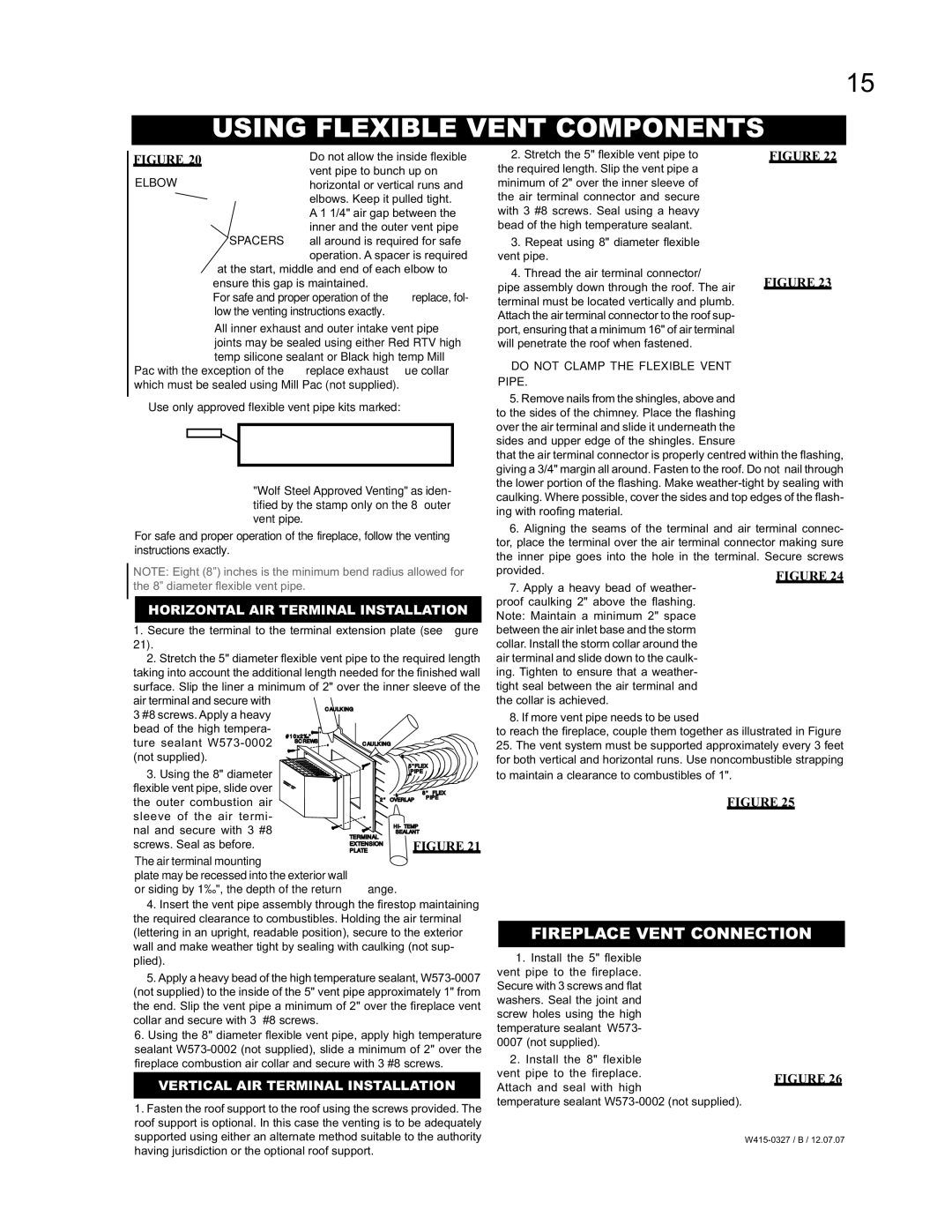BCDV48N, BCDV48P specifications
The Continental BCDV48P and BCDV48N are cutting-edge commercial vehicles designed to meet the needs of modern logistics and transportation. Both models showcase Continental's commitment to engineering excellence, offering a blend of advanced technologies, safety features, and performance characteristics.The BCDV48P primarily focuses on urban delivery scenarios, making it ideal for navigating congested city streets. Its compact design enables agile maneuverability, while the spacious cargo area ensures it can accommodate a variety of freight types. The BCDV48N, on the other hand, is designed for slightly heavier loads, featuring enhanced payload capacity while retaining a similar compact footprint.
One of the standout features of both models is the innovative electric drive system. This powertrain technology not only reduces emissions but also enhances energy efficiency, making them environmentally friendly options for businesses looking to lower their carbon footprint. The low noise operation of the electric drive offers a distinct advantage in urban environments, allowing for quiet deliveries even in residential areas.
Safety is paramount in the BCDV48P and BCDV48N. Both vehicles come equipped with an array of advanced safety systems, including electronic stability control and anti-lock braking systems. Additionally, features such as rearview cameras and parking sensors facilitate easy navigation and parking, contributing to overall operational safety.
Technologically, the BCDV models are equipped with a state-of-the-art infotainment system that provides real-time navigation and connectivity features. Fleet managers can track vehicle performance, monitor energy consumption, and optimize routes through integrated telematics, significantly enhancing operational efficiency.
The ergonomic design of the driver’s cabin focuses on comfort and functionality. With spacious seating, adjustable steering, and a user-friendly dashboard layout, drivers can maintain high levels of productivity throughout their shifts. Ample storage compartments ensure that essential tools and equipment are within easy reach.
In summary, the Continental BCDV48P and BCDV48N are versatile vehicles that blend advanced technologies with practical features. Their commitment to sustainability, safety, and user experience makes them ideal choices for businesses looking to optimize their logistics operations while minimizing their impact on the environment. These models stand as a testament to Continental's innovation in the commercial vehicle segment.

